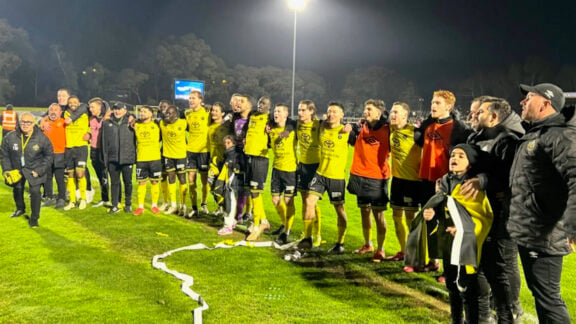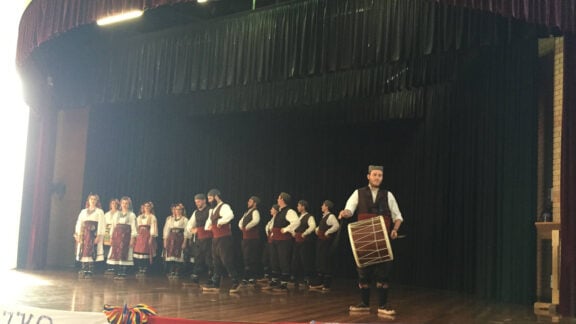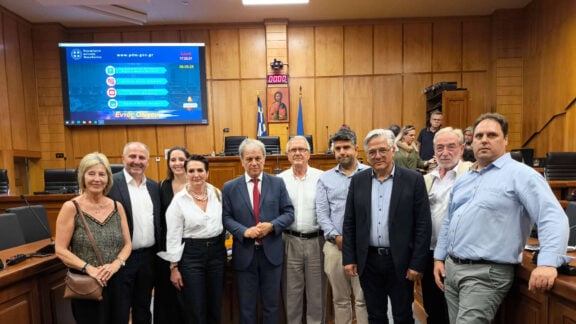Although not exceptionally studious, Greek pupils are ‘champions’ in extra-curricular reading, according to the OECD’s recent PISA (Program for International Student Assessment) study released this week.
According to the survey, 82.5 per cent of 15-year-old Greek pupils state that they read for personal pleasure, holding top place among the 35 OECD member countries, with Turkish pupils holding the second place spot in the 2009 report.
The proportion of Greek pupils who read for their own personal enjoyment presented a substantial increase – 4.5 percentage points against base year 2000.
The OECD average fell from 68.8 per cent to 63.8 per cent in over the same period of time.
Girls appear to have a better relationship with extra-curricular reading than boys, with a 12 percentage point difference. A total of 86.4 per cent of girls in Greece read for their own pleasure, against 74.4 per cent of boys.
“The fact that a proportion of more than 80 per cent of 15 year-old pupils read for their own enjoyment is definitely encouraging,” Pavlos Haramis, a teacher and director of the Federation of Secondary School Teachers’ (OLME) Center for Research and Documentation told ANA-MPA.
But she said there are questions regarding what and how much young people in Greece actually read.
Indeed, in Greece as in the other OECD member countries, 15 year-olds read mostly magazines in their free time, with 60.5 per cent stating that they read magazines on their own initiative “several times” a month or week, followed by newspapers (42.8 per cent), comics (24.7 per cent), literature (21.5 per cent) and dissertations (7.2 per cent).
The OECD study also turned up interesting conclusions on the relationship between reading and the internet, with the survey indicating that, in all member countries, online reading is linked with higher performance in understanding of texts.
“Pupils who are acquainted with activities such as reading messages in e-mails, forum discussions, online news and online encyclopedias or seek out information on the web generally have a better reading and understanding ability,” according to the report.
PISA is an internationally standardised assessment that was jointly developed by participating economies and administered to 15-year-olds in schools.
Source: ANA








